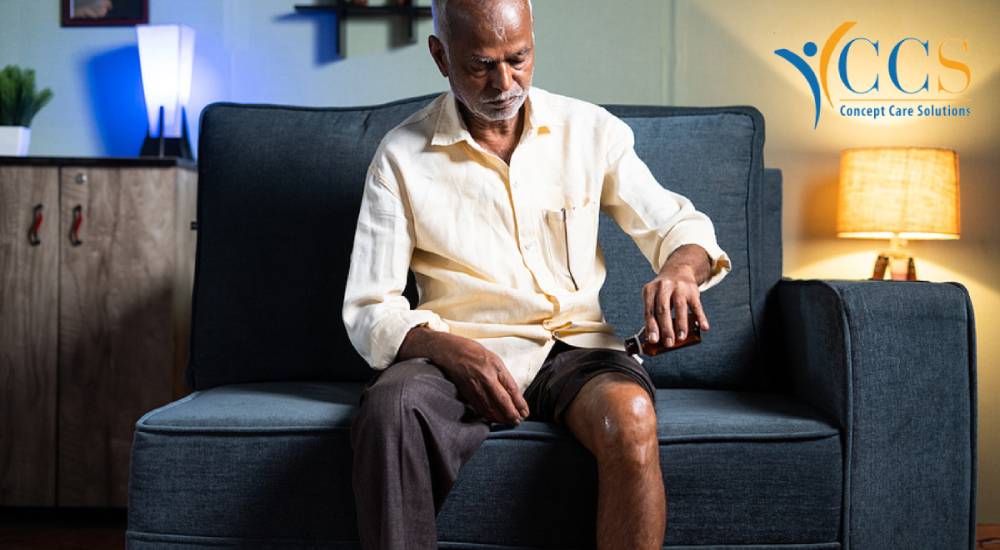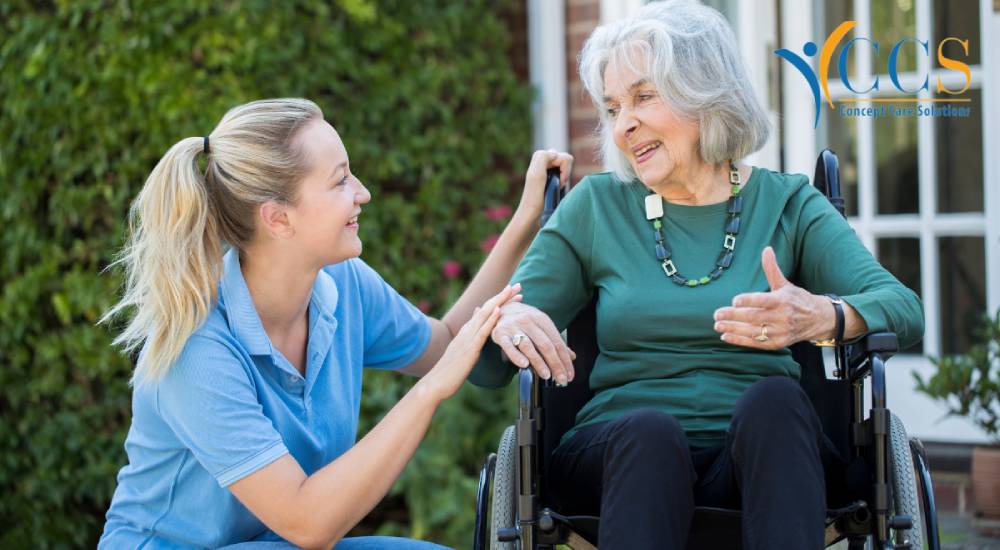There are 5.7 million unpaid carers in the UK and it’s a situation that can emerge for anyone, if a loved one’s needs start to change, either through illness, accident or simply as a natural part of getting older.
Taking on a caring role can be a gradual process as someone’s needs start to change and evolve over time, and it’s possible that people may not even consider themselves to be a carer because they’re too busy to think about it, or because they don’t view the amount of support they’re offering to be sufficient for the classification.
However, unpaid carers meet a wide range of different health and social care needs, including help with personal care, medication management, diet and much, much more.
As such, it’s vital that these people – who provide such important and essential help and support to their loved ones – receive support and recognition themselves, with a growing body of research revealing that providing unpaid care actually has a significant impact on people’s mental and emotional health and wellbeing.
Carers UK’s State of Caring 2023 survey shows that 27 per cent of unpaid carers have bad or very bad mental health, climbing to 31 per cent of those who provide over 50 hours of care a week, or who have been providing care for more than ten years. And despite feeling as though they’re at breaking point, some 73 per cent continue to provide care.
Carers’ Rights Day 2024
November 21st is Carers’ Rights Day 2024 and it’s the perfect time to take a step back, take stock and give yourself a much-needed break, making sure that you’re prioritising your own health and wellbeing, while looking after your loved ones.
This year’s theme is recognising your rights, and it may well be that you’re unaware of your legal rights and what it is you’re entitled to in relation to support and benefits.
For example, you have the right to unpaid carer’s leave, the right to request flexible working, the rights to a free flu jab, protection against harassment and discrimination, the right to ask your GP to identify you as a carer, the right to request a carer’s assessment and the right to be consulted if and when the person you care for is discharged from hospital.
Knowing what your rights are can be very empowering, giving you the information you require to give you more confidence in standing up for yourself and asking for what you need.
It can also be useful when it comes to mounting challenges when your rights aren’t met, whether that’s in the workplace, at school, when interacting with other people at home or professionally, or when accessing health and social care.
If you’d like to find out more or if you feel you need another avenue of support in the form of respite care, get in touch with the Concept Care team today.





